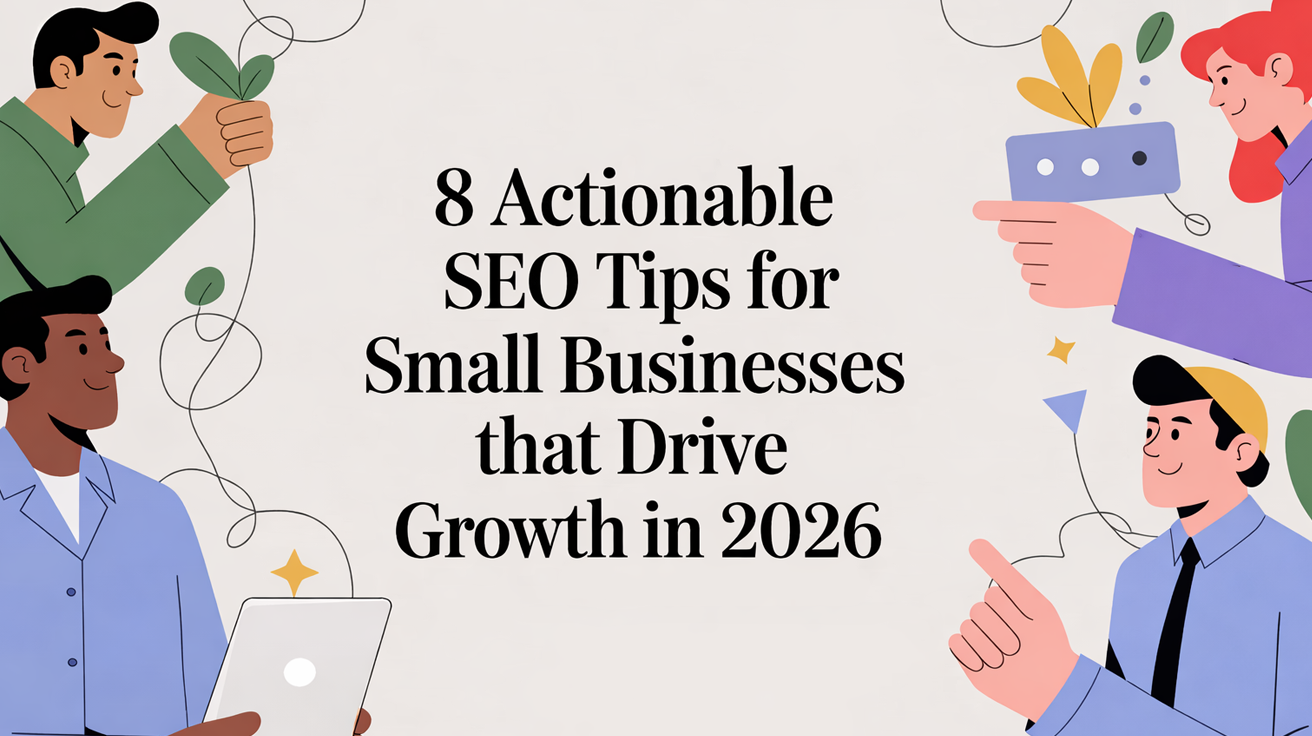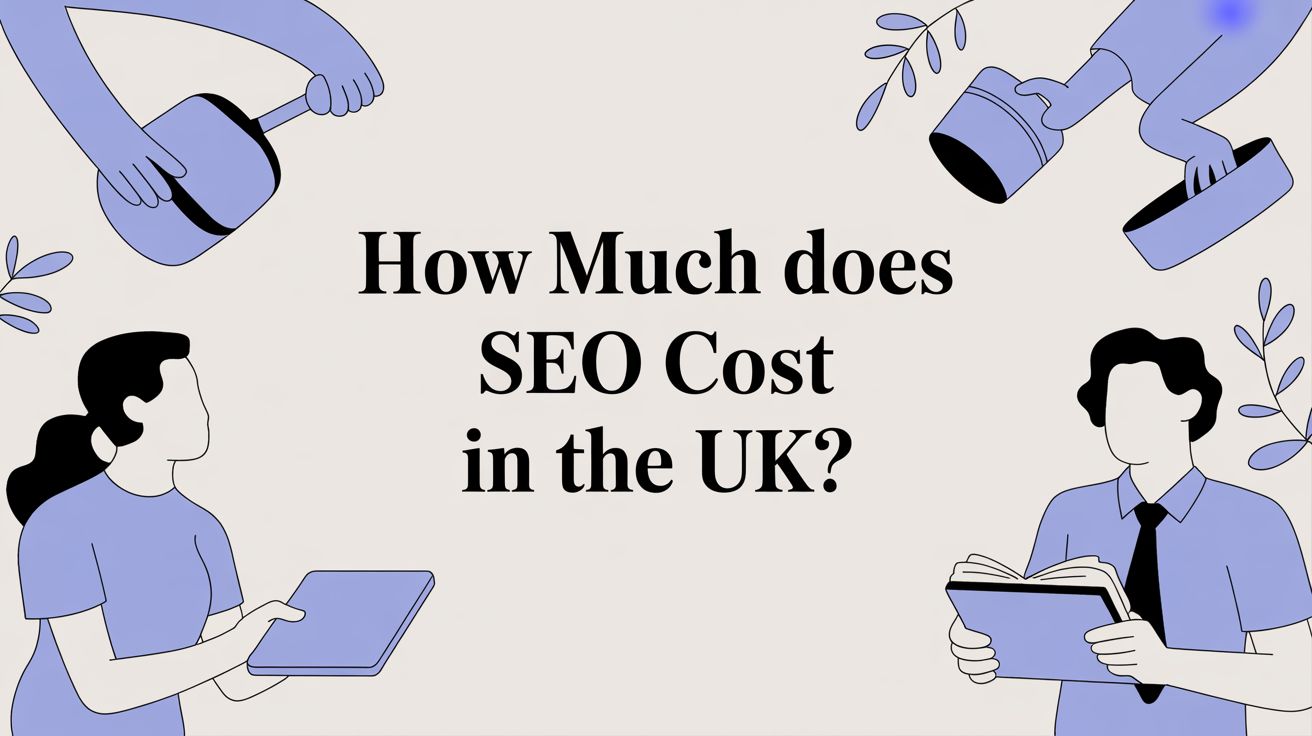Weekly marketing wisdom you can read in 5 minutes, for free. Add remarkable ideas and insights to your inbox, once a week, by subscribing to our newsletter.

What You Need To Know About SEO For Shopify
At its core, SEO for Shopify is about making your store more visible and attractive to potential customers. By improving your SEO, you can increase your chances of ranking higher in search engine results pages, getting more traffic to your site and ultimately boosting your sales.
Table of contents:
What is Shopify?
Shopify is a Canadian e-commerce company headquartered in Ottawa, Ontario. It is also the name of its proprietary e-commerce platform for online stores and retail point-of-sale systems. Shopify offers online retailers a suite of services “including payments, marketing, shipping and customer engagement tools to simplify the process of running an online store for small merchants.”
Shopify has been praised for its ease of use, especially by those without any technical background. However, some have criticised it for its lack of certain features, such as a minimal support for multiple languages and lack of customisation options. As a result, there is often discussion around a dearth of opportunities for SEO for online stores on the Shopify platform.
Overall, however, Shopify is a popular e-commerce platform with a wide range of features and integrations that can be useful for online retailers.
What is SEO for Shopify?
You can use Shopify to sell products, services, and digital goods. SEO is the process of optimising your website so that it ranks higher in search engine results pages (SERPs). This can help you get more traffic to your site, increase sales and improve your business.
There are many factors that go into SEO such as the quality of your content, the structure of your website, and the keywords you use. You can do some SEO yourself, but it’s often best to hire an expert.
Here are some tips for improving your SEO:
1. Use keyword-rich titles and descriptions
When you create products or blog posts be sure to include relevant keywords in the title and description. This will help search engines understand what your content is about and index it accordingly.
2. Optimise your website for mobile devices
More and more people are using mobile devices to access the internet. Make sure your website is optimised for mobile users by creating a responsive design that adapts to different screen sizes.
3. Improve your page speed
Page speed is a factor that can affect your SEO. If your website takes too long to load, visitors are likely to click away before they even see your content. You can improve your page speed by optimising your images and using a content delivery network (CDN).
4. Use social media to promote your content
Social media is a great way to share your content with a wider audience. When you post links to your blog posts or product pages on social media, be sure to use relevant keywords so that people can find your site.
What are some common pitfalls when it comes to SEO for Shopify?
When it comes to SEO for Shopify, there are a few common mistakes that can be made. One mistake is not using the correct keyword density or even using the wrong keywords altogether. Finally, not optimising your website for the search engines can also hurt your ranking. So, let’s take a closer look at each of these mistakes so you can avoid them in your own SEO efforts.
Not using the correct keyword density
One of the most common SEO mistakes is not using the correct keyword density. This means that you are either using too many or too few keywords on your website. The general rule of thumb is to use a keyword density of around 2-3%. This means that if you have a 100-word article, you should use 2-3 keywords throughout the piece.
Using the wrong keywords
Another common mistake is using the wrong keywords altogether. This can happen for a number of reasons. Maybe you picked keywords that are too competitive or maybe you didn’t do your research to see what people are actually searching for. Whatever the reason, using the wrong keywords can hurt your ranking and cost you traffic.
Not Optimising Your Website for the Search Engines
Finally, not optimising your website for the search engines can also hurt your SEO efforts. This means making sure your website is fast, mobile-friendly, and easy to navigate. If your website isn’t optimised for the search engines, it will be harder for them to rank you high in the search results.
Avoid these common SEO mistakes and you’ll be well on your way to better rankings and more traffic. Use the correct keyword density, choose the right keywords, and optimise your website for the search engines and you’ll see your SEO efforts for Shopify pay off.
What tools are there to help with SEO for Shopify?
There are many tools that can be used to improve SEO for Shopify but some are more effective than others. Here are a few of the best:
Google Search Console
Google Search Console is a powerful tool that can help you track your SEO progress and identify areas needing improvement. It also provides valuable insights into how your site is being seen and used by searchers.
Moz Pro
Moz Pro is a comprehensive SEO tool that can help you track your progress, optimise your website, and discover new opportunities. It also offers valuable resources such as webinars and guides to help you learn more about SEO.
Yoast SEO Plugin
Yoast SEO Plugin is a popular SEO plugin for WordPress that can help you gauge the SEO of your website. It includes features such as SEO title and meta descriptions, XML sitemaps, breadcrumbs, and more.
Screaming Frog SEO Spider
Screaming Frog SEO Spider is a tool that crawls your website to identify technical issues that may be hampering your SEO efforts. It also provides valuable insights into how your site is structured and linked internally.
Google Analytics
Google Analytics is a free tool that provides detailed insights into your website traffic. It can help you track where your visitors are coming from, what they’re doing on your site, and how they found you. This information can be invaluable in fine-tuning your SEO strategy.
These are just a few of the many tools available to help you improve SEO for Shopify. By using these tools, you can tailor your website and marketing efforts to get the most out of your organic traffic.
For professional guidance on maximising the benefits of SEO for Shopify get in touch with our expert team today.




